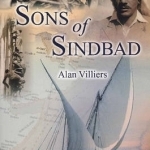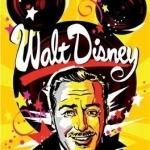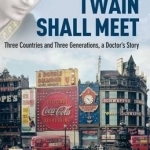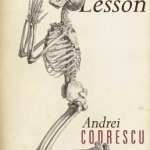
Owls
David Tipling and Jari Peltomaki
Book
Owls command attention, the quintessential emblem of darkness, they evoke strong cultural responses,...
Portraits of Resilience
Daniel Jackson and David A. Karp
Book
More than 15 million American adults grapple with depression in a given year. Anxiety disorders...

Sons of Sindbad
Alan Villiers, William Facey, Yacoub Al-Hijji and Grace Pundyk
Book
Alan Villiers (1903-82), the Australian sailor and maritime historian, first made a name for himself...

Surface: Matters of Aesthetics, Materiality, and Media
Book
What is the place of materiality the expression or condition of physical substance in our visual age...

A Brief History of Walt Disney
Book
Both a fascinating account of Walt Disney's own significant artistic creations, from the iconic...

And the Twain Shall Meet: Three Countries and Three Generations, a Doctor's Story
Book
Set between three countries, Burma, India and England, and spanning three very different...

Science Education: Learning to Construct a New World
Book
Science education as currently undertaken in schools is generally too narrow in its...
Modern Dystopian Fiction and Political Thought: Narratives of World Politics
Book
Over the past few years, 'dystopia' has become a word with increasing cultural currency, this book...

Rimbaud: Complete Works, Selected Letters
Jean-Nicholas-Arthur Rimbaud, Wallace Fowlie and Seth Whidden
Book
The enfant terrible of French letters, Jean-Nicholas-Arthur Rimbaud (1854-91) was a defiant and...

The Poetry Lesson
Book
"Intro to Poetry Writing is always like this: a long labor, a breech birth, or, obversely, mining in...
